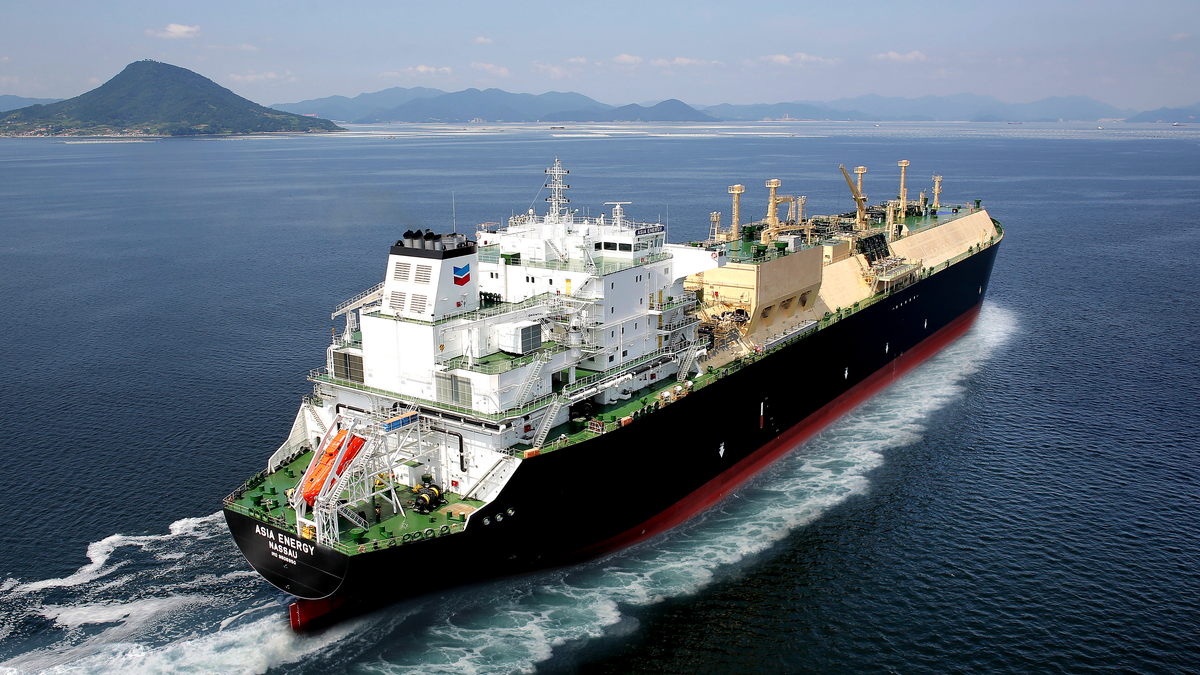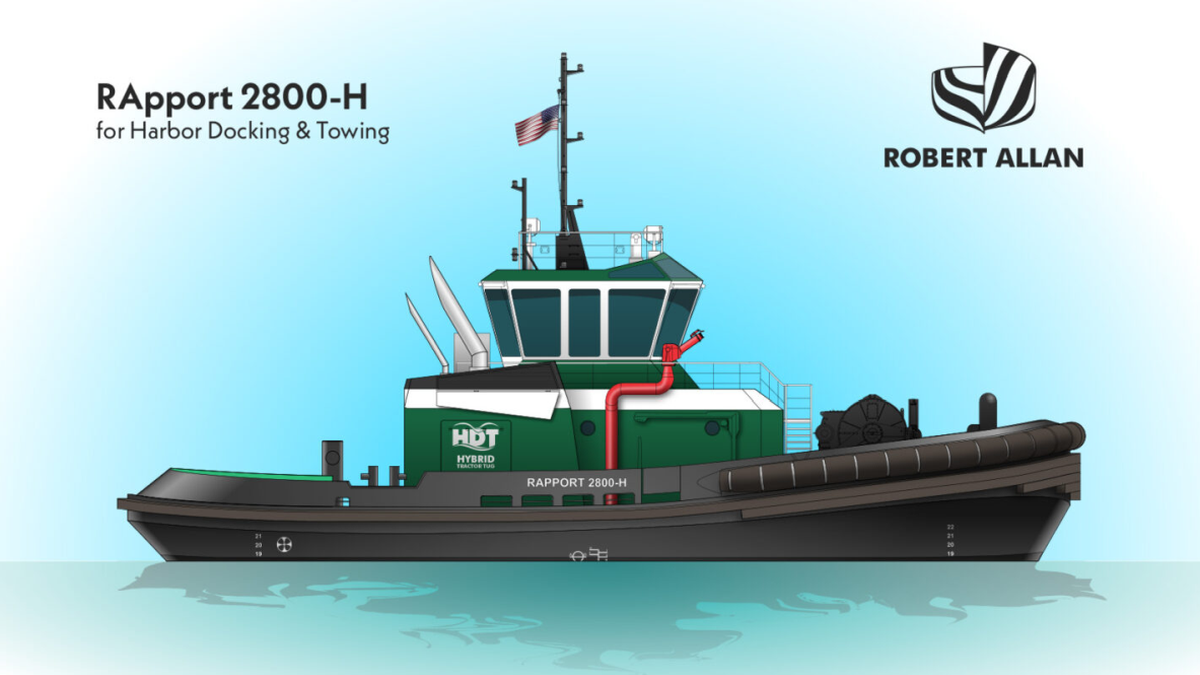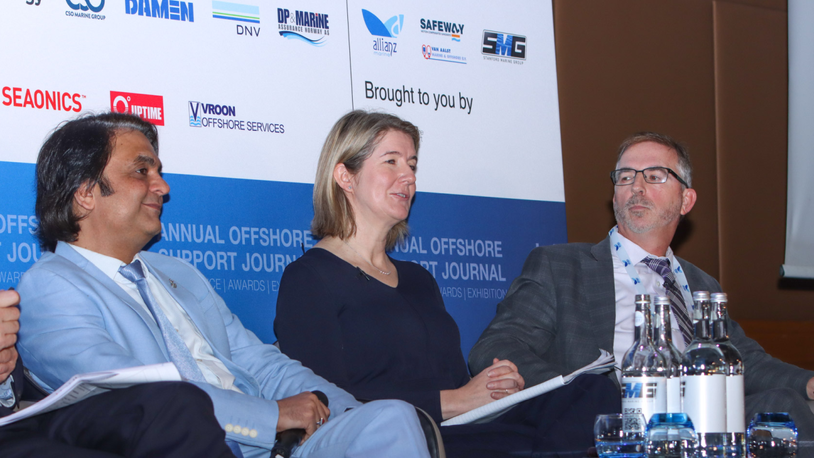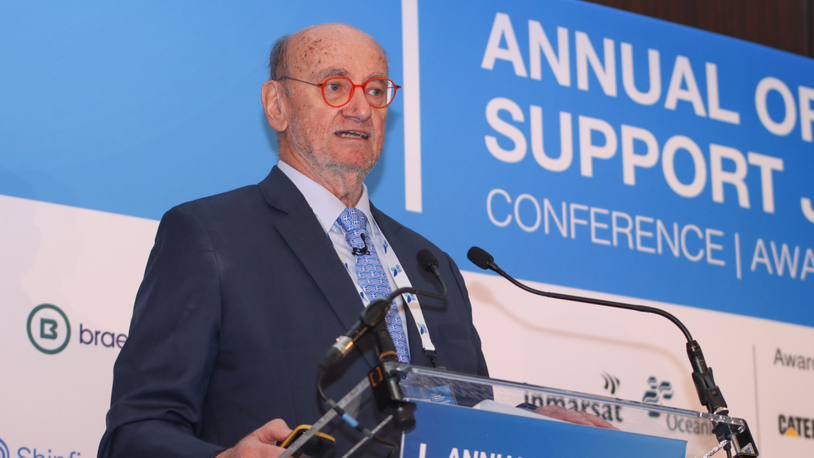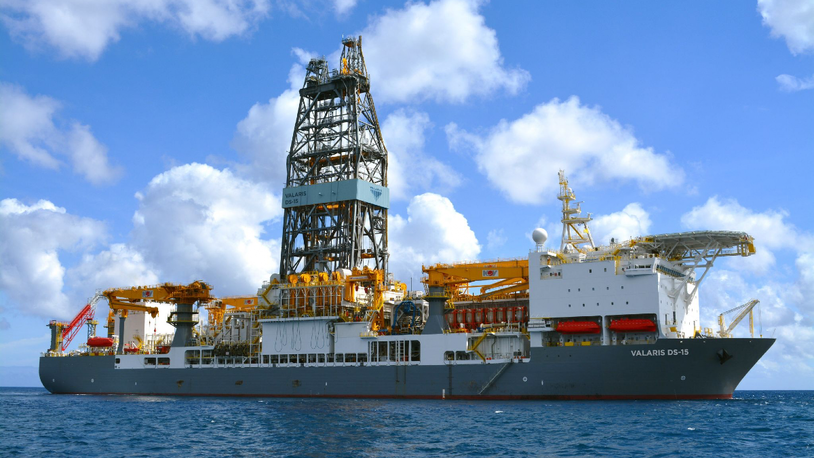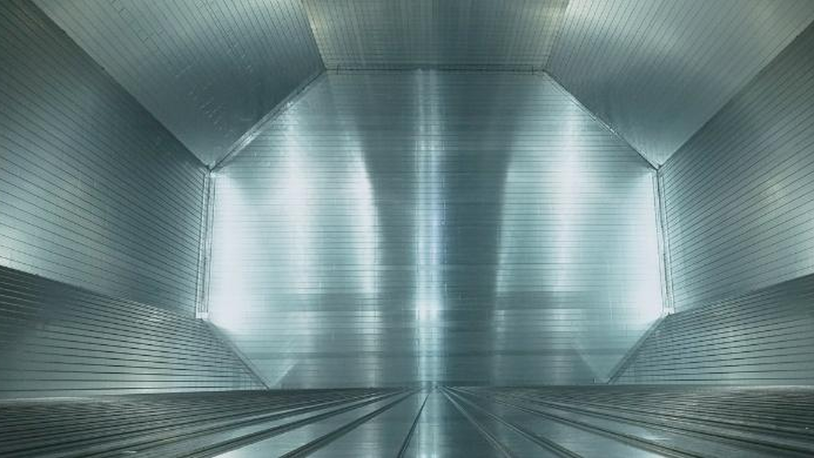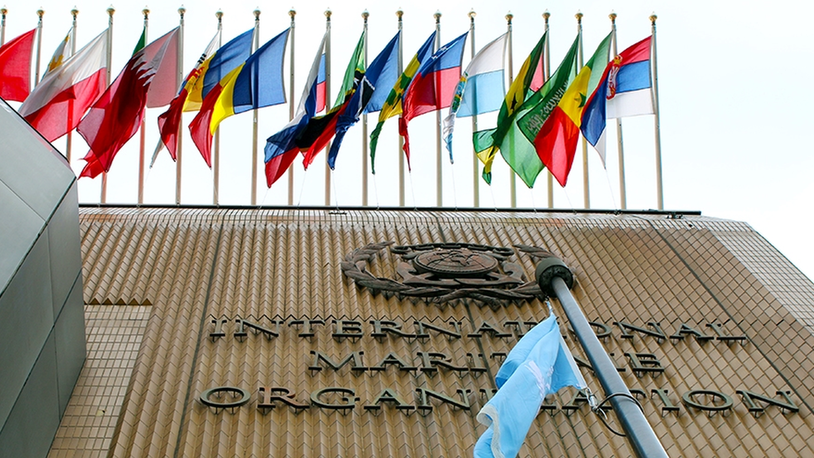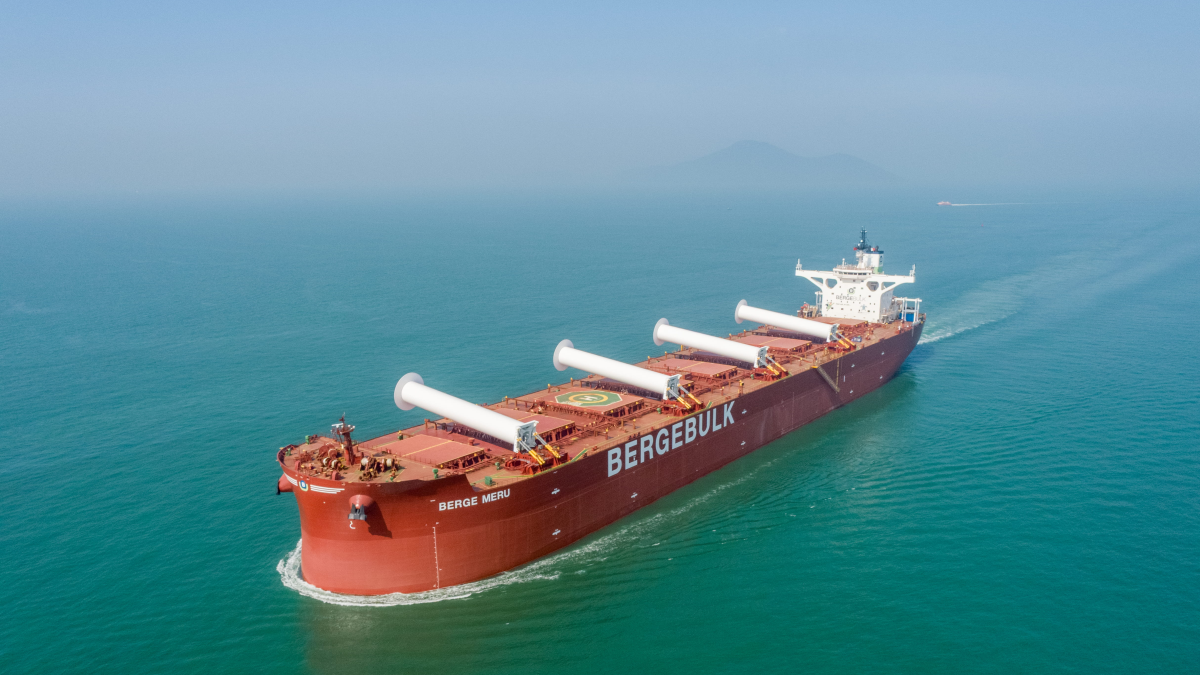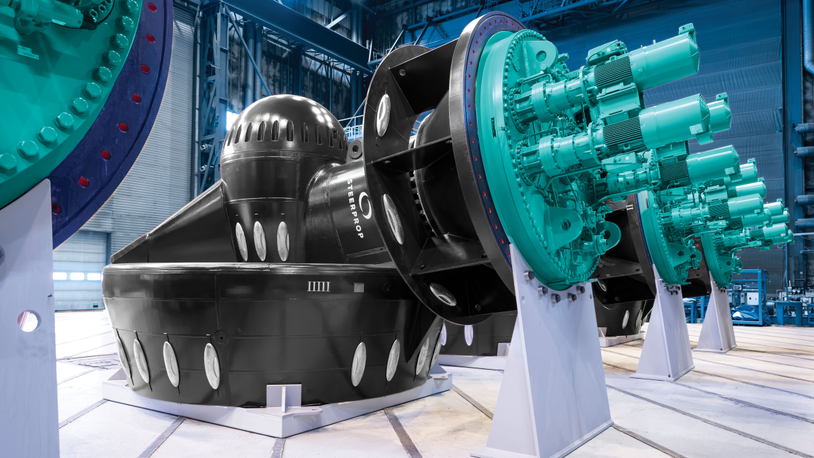Business Sectors
Events
Floating energy: successfully unlocking stranded gas using FLNGs and FSRUs
Contents
Register to read more articles.
Chevron to retrofit LNG carrier fleet engines to curb methane slip
US oil major Chevron has signed a deal to convert one engine per vessel on a half dozen of Chevron Transport Corp’s LNG carriers to spark gas operation
After collaborating for two years with Finnish manufacturer Wärtsilä, Chevron Shipping Co has agreed to convert the engines in an effort to reduce its greenhouse gas emissions and to lower methane slip, the small amounts of methane that do not fully combust and escape into the atmosphere.
Wärtsilä said its dual-fuel to spark gas conversion project is designed to modify the engines to operate using spark ignition rather than diesel pilot fuel to initiate combustion and improve the combustion process, reduce methane slip and improve engine efficiency.
Methane persists in the atmosphere for a shorter time period than carbon dioxide (CO2) but traps approximately 25-50 times more heat than CO2. Addressing methane emissions is seen as a key component of lowering carbon intensity.
"This innovative project represents a notable step forward on the road to advancing lower carbon fleets," Wärtsilä Marine president Roger Holm said.
Earlier this year, partnership between three Japanese maritime companies reported a 93.8% reduction in methane slip from a marine gas engine operating at 100% load in onshore testing, clearing the way for trials at sea. Starting in Q4 2024, the methane slip reduction technology will be fitted aboard 2023-built, 95,792-dwt LNG dual-fuel coal carrier Reimei.
The results are part of a six-year project backed by Japan’s National Institute of New Energy and Industrial Technology Development, and conducted by Hitachi Zosen, Mitsui OSK Lines and Yanmar. The aim is to achieve a 70% reducing in methane slip in LNG-fuelled vessels.
Riviera’s International Bulk Shipping Conference will be held in London, 19 November 2024. Click here for more information on this industry-leading event.
Related to this Story
Events
Maritime Regulations Webinar Week
Floating energy: successfully unlocking stranded gas using FLNGs and FSRUs
© 2024 Riviera Maritime Media Ltd.


